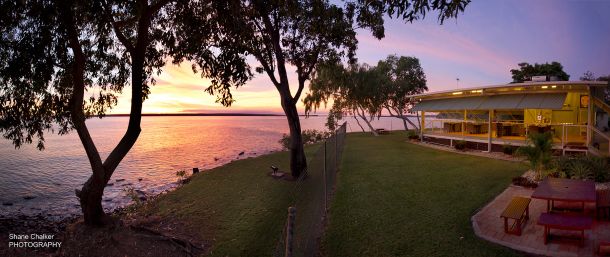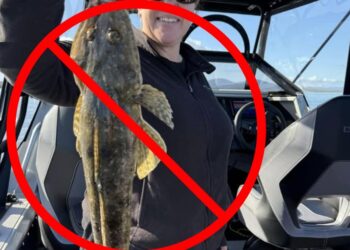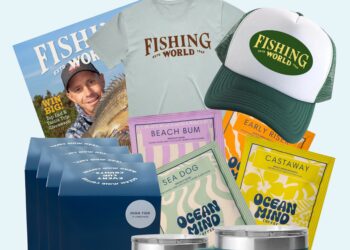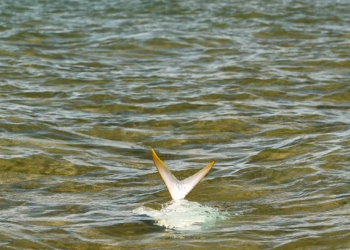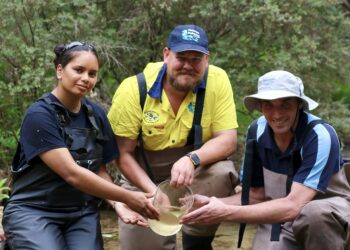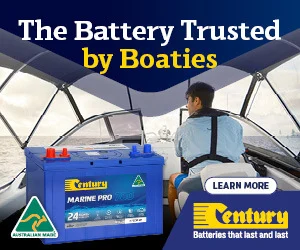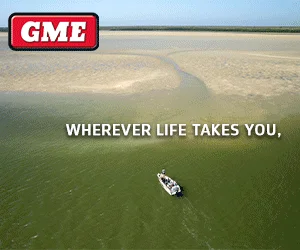IT’S only when you’ve visited a couple of indigenous communities that you realise just how different life in these places is to anywhere else in Australia. Fishermen probably get to see more remote communities than most other Aussies, simply because there’s often good fishing around these areas.
Like many other keen anglers, I’ve fished in the NT, FNQ and the Kimberley over the years. Each time I’ve visited the north of our country I’ve been impressed with the harsh beauty of the landscape and the fantastic sportfishing available. But I’ve also been acutely aware that these lands and waters are home to an ancient culture. For instance, it’s difficult to sit in a cave in the east Kimberley surrounded by rock art that was painted thousands of years before the pyramids were built and not get at least some sort of inkling that Aboriginal people have ties to this land that us white fellas can’t really comprehend.
It’s equally difficult to face up to the misery many indigenous people now suffer, especially when you drive through a community like Maningrida, near the Liverpool River in Arnhemland, and witness scenes of degradation and filth – ruined houses, rubbish everywhere, feral kids and people stricken with alcoholism, violence, obesity and diabetes.
I don’t pretend to have any answers to the issues facing so many indigenous Australians. That said, I find it hard to accept that in Australia in 2012 there exists a social and cultural divide that results in black kids forced to live in conditions that would be completely unacceptable in mainstream Australia.
The worst thing is that in many cases this sort of squalid existence is generational – these kids living in communities now will probably grow up and bring their own children into a world equally as harsh as the one they’re now struggling with. This is a depressing thought and one that anyone with even an ounce of compassion finds hard to deal with.
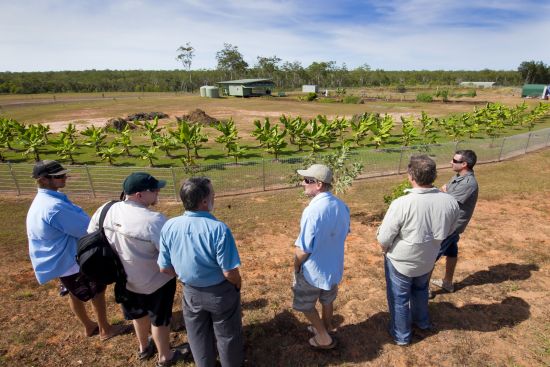
But there is light at the end of the tunnel. And the positive aspect in this particular case is that fishing is playing a pivotal role in providing hope and opportunity for indigenous youth. Last year Fisho visited the Tiwi College, a school based on Melville Island, north of Darwin in the NT. Melville, along with nearby Bathurst Island, is owned by the Tiwi people. These islands are well known to anglers as providing excellent sportfishing opportunities for species such as barra, jacks, black jew, threadfin, mackerel and reef fish. The first ever fishing lodge in Australia, Barra Base, was established back in the 1980s at Port Hurd on the western side of Bathurst Island. Barra Base is currently being redeveloped and will relaunch early next year as Bathurst Island Lodge. More recently, Melville Island Lodge and the Johnson River Camp have made names for themselves as world-class sportfishing operations.
The development of the Tiwi Islands as a serious sportfishing destination is largely the brainchild of Mike Baxter, a keen angler and businessman who in recent years has specialised in eco-fishing tourism. Baxter recently sold Melville Lodge to the Tiwi people and is currently working with the Tiwi Land Council to develop a new operation known as Tiwi Islands Adventures.
During a recent visit to Melville Island, TIA chairman Andrew Tipungwuti told Fisho that the islanders saw sportfishing tourism as a way to sustainably utilise their resources while also being a future employment option for their young people.
This ties in with the aims of the Tiwi College, which under the direction of principal Ian Smith is well on the way to providing generations of Tiwi kids with the skills to make a good life for themselves in the modern world while retaining the cultural ties that are so important to their identity as Tiwi islanders.
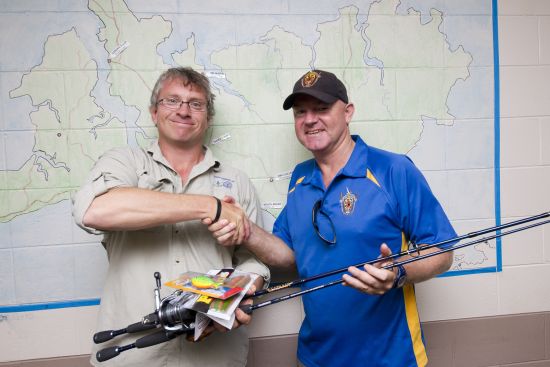
Fisho’s Jim Harnwell and Tiwi College principal Ian Smith.
The Tiwi College, which is supported by government funding and sponsorship from organisations such as cricket star Matthew Hayden’s The Hayden Way, offers Tiwi youth much-needed stability and structure, thus enabling them to maximise their learning abilities. Unfortunately, this sort of stable environment isn’t always available to them at home so an outside operation like the Tiwi College is the only viable option for these kids to attain the skills they need to live the sort of productive and happy lives that all other Australians expect as a right.
Most of the school’s curriculum is based on providing students with the life skills needed to gain employment in various Tiwi enterprises, which currently include forestry and port development. According to Andrew Tipungwuti, the fishing lodges are also earmarked as providing potential job opportunities for young Tiwis in fields such as catering, boat driving, maintenance, housekeeping and possibly guiding.
“We know, however, that we need to maintain the level of service and professionalism the lodges currently offer. We need to ensure that we can maintain that before any of our young people can expect to be working in these places,” Tipungwuti said.

Mike Baxter organised the inagural Melville Challenge with Fisho last year. The basic premise was that a team of Fisho writers would instruct Tiwi College students on basic sportfishing techniques and introduce them to the sort of gear and tackle used by clients at the lodges. This tackle was donated by the Australian tackle industry.
The 2011 Melville Challenge was deemed a great success, attracting interest from indigenous media such as the National Indigenous Times as well as mainstream media such as the NT News.
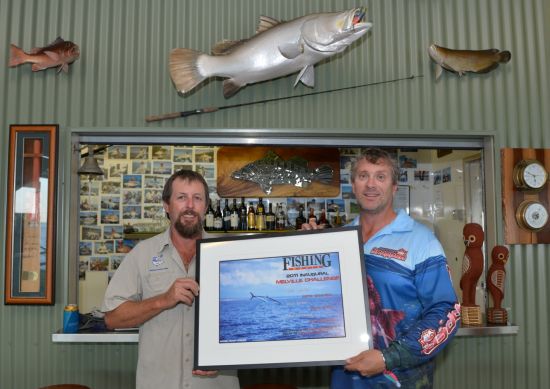
Fishing World publisher/editor Jim Harnwell presents Melville Lodge manager Mick Chick with a commemorative photo marking the inaugural Melville Challenge. The picture, snapped by Fisho writer Peter Zeroni, highlights some spectacular aerial Spanish mackerel action. Check out the September issue for more fantastic images of big macks getting serious air!
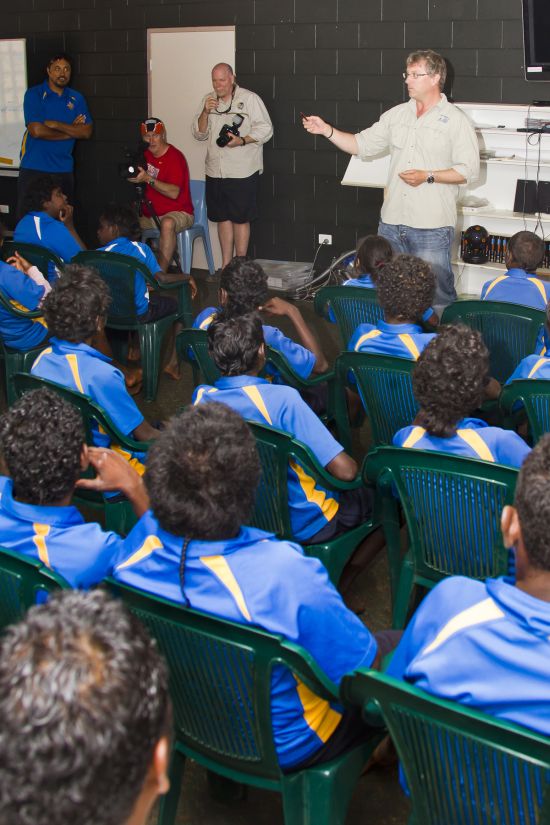
The 2012 Challenge was organised along much the same lines, with Fisho writers and editors giving a short presentation to the assembled students and distributing tackle generously donated by Rapala (pliers, lip grippers and hats), Shimano (spin and baitcaster combos) Frogleys Offshore (Atomic Plazos and Gamakatsu jig heads), Halco Tackle Company (hard-bodied lures), JM Gillies (tackle trays and lure packs) and Platypus (monofilament and braided lines plus trace materials).
Most Tiwis fish for food with handlines or a spear but judging from the interest shown in the “white fella” gear we’ve given the kids at the college it’s highly likely that at least some students will develop an interest in building a career as a professional fishing guide.
If even one Tiwi College student heads down that path, it will be a great achievement and a really positive development for the school, the islands and the lodges.
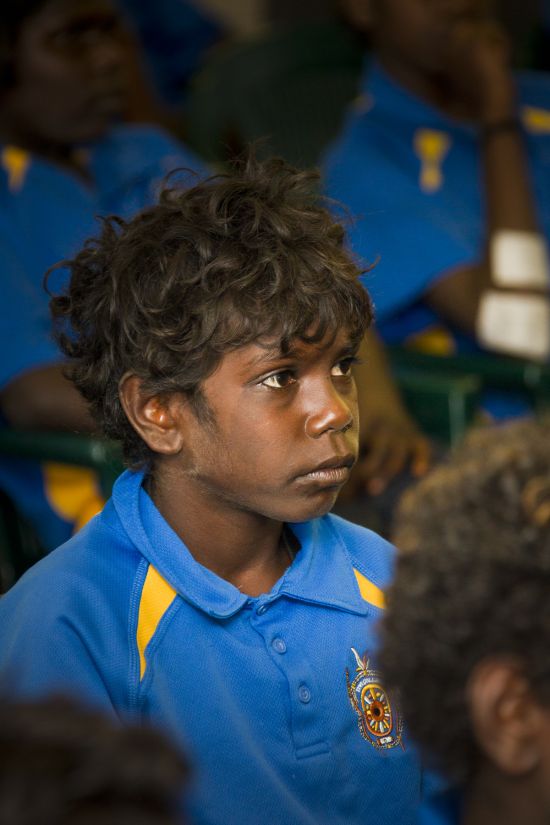
Fisho is proud to be part of this program and as editor I’d like to thank Mike Baxter and Andrew Tipungwuti from Tiwi Islands Adventures for inviting us to get involved. I also wish to thank Aku Valta from Rapala, Shimano’s John Dunphy, Platypus’ Stewart McPherson, Pat Levy from JM Gillies, Michael Starkey from Frogely’s Offshore and Halco’s Tim Carter for so generously donating the tackle and gear we distributed to the Tiwi College kids.
If you’d like to find out more about the Tiwi Islands, check out tiwiadventures.com.au and tiwicollege.com.





